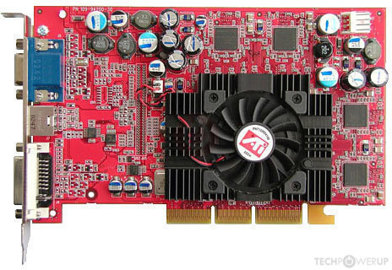- Joined
- Dec 25, 2020
- Messages
- 9,026 (5.40/day)
- Location
- São Paulo, Brazil
| Processor | 13th Gen Intel Core i9-13900KS |
|---|---|
| Motherboard | ASUS ROG Maximus Z790 Apex Encore |
| Cooling | Pichau Lunara ARGB 360 + Honeywell PTM7950 |
| Memory | 32 GB G.Skill Trident Z5 RGB @ 7600 MT/s |
| Video Card(s) | Palit GameRock OC GeForce RTX 5090 32 GB |
| Storage | 500 GB WD Black SN750 + 4x 300 GB WD VelociRaptor WD3000HLFS HDDs |
| Display(s) | 55-inch LG G3 OLED |
| Case | Cooler Master MasterFrame 700 benchtable |
| Audio Device(s) | EVGA NU Audio + Sony MDR-V7 headphones |
| Power Supply | EVGA 1300 G2 1.3kW 80+ Gold |
| Mouse | Microsoft Classic IntelliMouse |
| Keyboard | IBM Model M type 1391405 |
| Software | Windows 10 Enterprise 22H2 |
| Benchmark Scores | I pulled a Qiqi~ |
If it wasn't for the stupid blower design.
Yes, I know that it makes sense for workstation PC, but not for a gaming PC in 2025.
It's likely there will be blocks, and probably third party heatsinks that work with it, it's not that much of a problem as far as I'm concerned. Worth it. The price is too good to pass up for a 32 GB GPU, even if it's plain ole' G6. AMD should make sure this is widely available IMO.




